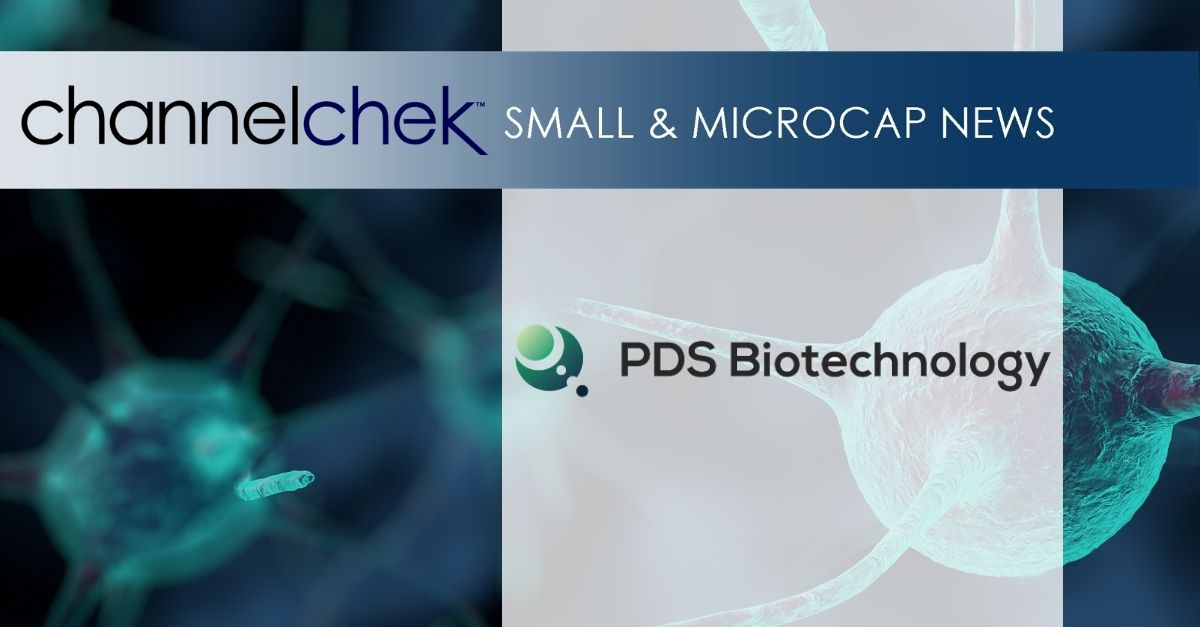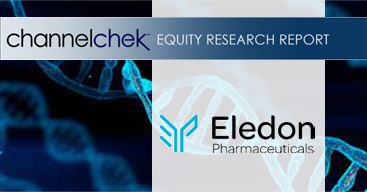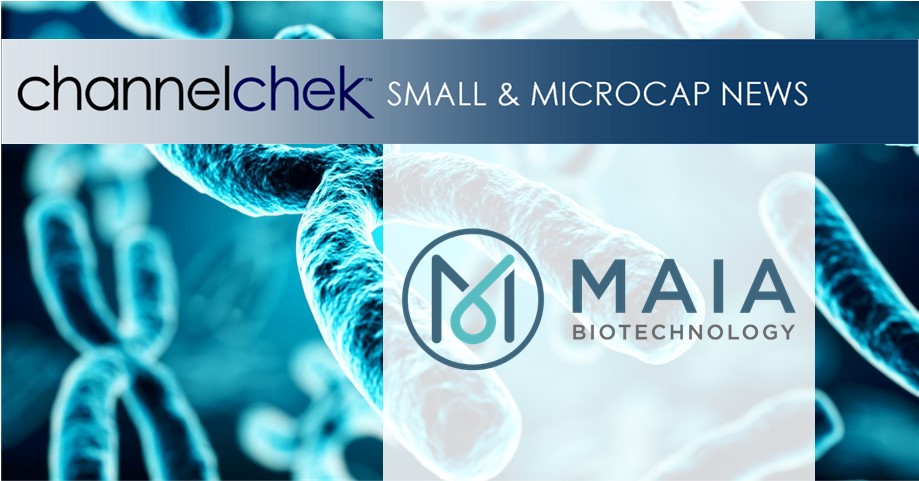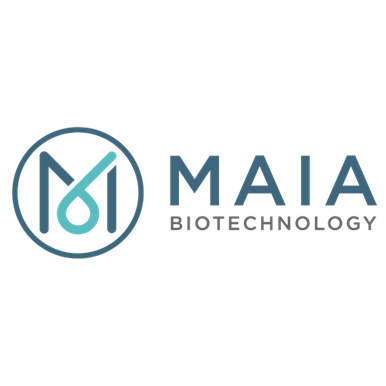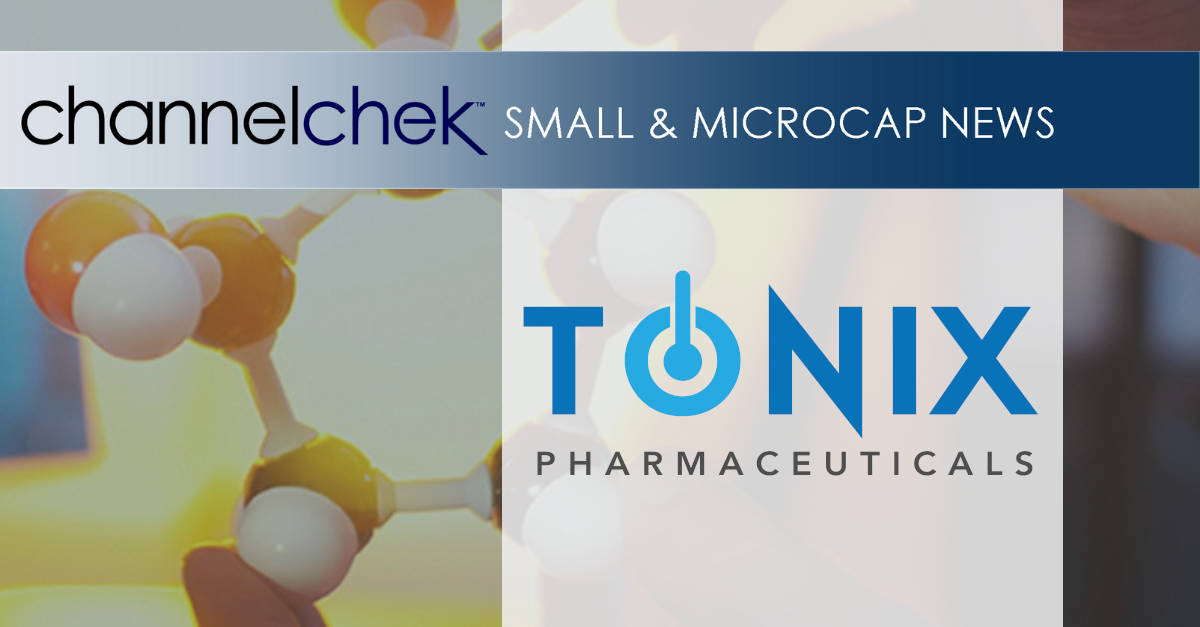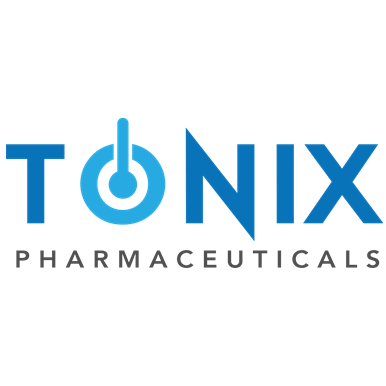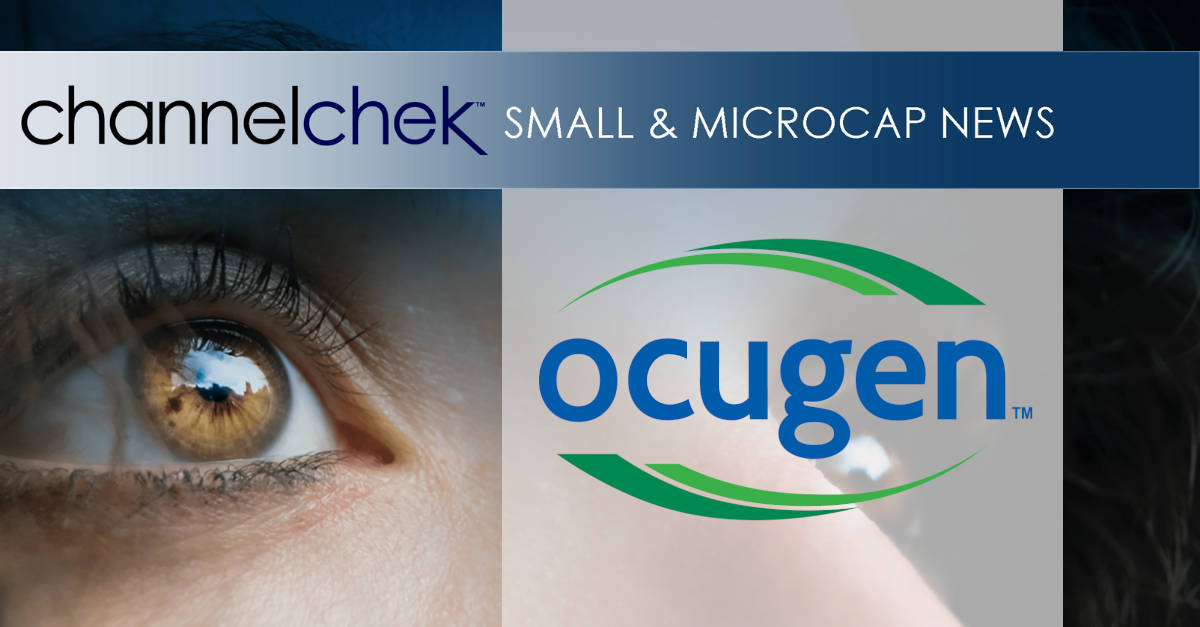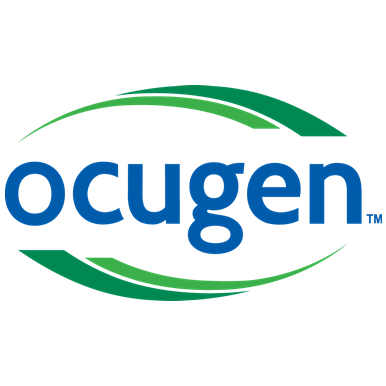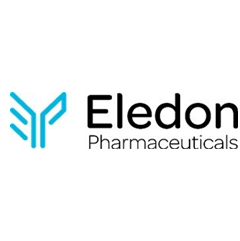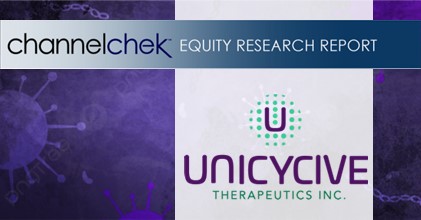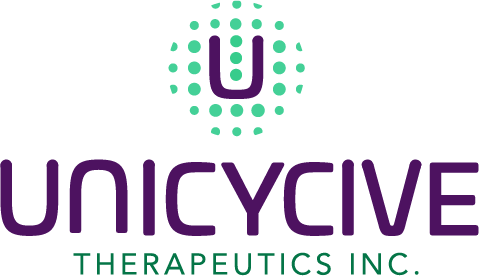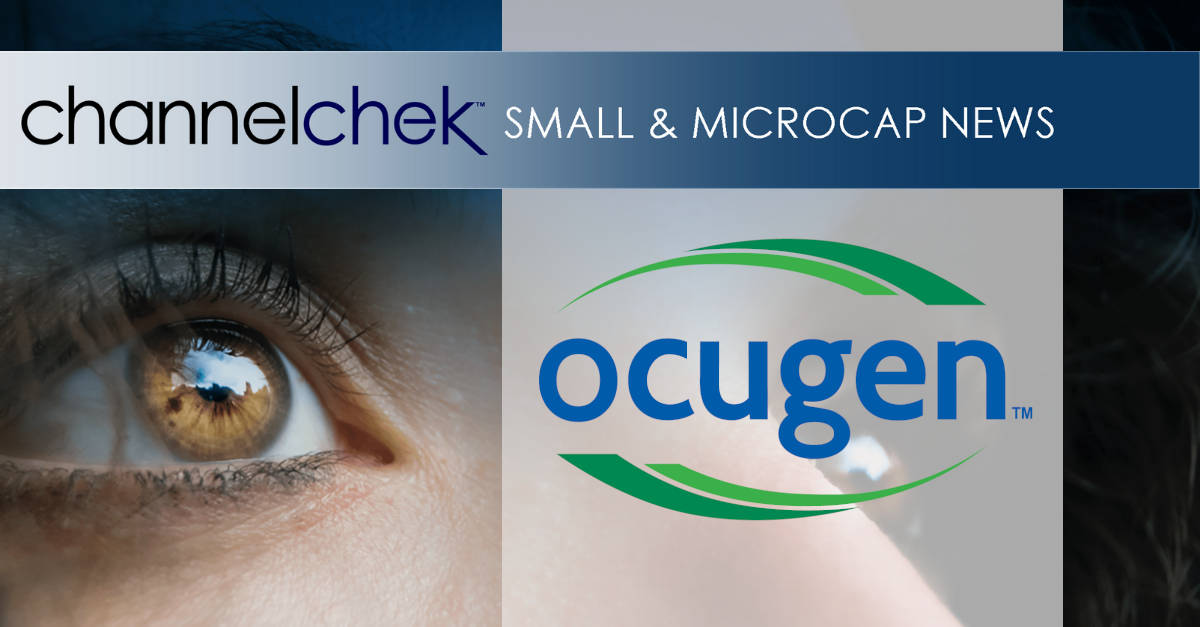
Research News and Market Data on PDSB
100% 36-month overall survival (OS) and progression-free survival (PFS) rates in patients fully treated with Versamune® HPV combined with chemoradiation (N=8)
88% (15/17) of patients had a complete metabolic response
IMMUNOCERV Phase 2 clinical trial results presented at ASTRO Annual Meeting 2024
PRINCETON, N.J., Oct. 02, 2024 (GLOBE NEWSWIRE) — PDS Biotechnology Corporation (Nasdaq: PDSB) (“PDS Biotech” or the “Company”), a late-stage immunotherapy company focused on transforming how the immune system targets and kills cancers and the development of infectious disease vaccines, today announced that updated data from the IMMUNOCERV Phase 2 clinical trial evaluating Versamune® HPV (formerly PDS0101) with chemoradiation to treat locally advanced cervical cancer were presented at the American Society for Radiation Oncology (ASTRO) Annual Meeting 2024 in an oral presentation by Adam Grippin, M.D., Ph.D., of The University of Texas MD Anderson Cancer Center. The abstract was granted Basic/Translational Science Award from the ASTRO Annual Meeting Steering Committee.
“HPV is responsible for virtually all cervical cancers and presents an opportunity for immunologic targeting1. However, there are currently no FDA-approved HPV-targeted immunotherapies to treat cervical cancer,” said Ann Klopp, M.D., Ph.D., Professor of Radiation Oncology and Head of the Gynecologic Section at MD Anderson. “These data suggest that further investigation is warranted into the safety and efficacy of Versamune® HPV in combination with standard of care in the treatment of locally advanced cervical cancer.”
The IMMUNOCERV Phase 2 clinical trial (NCT04580771) evaluated the efficacy, safety and tolerability of Versamune® HPV in combination with standard-of-care chemoradiotherapy for the treatment of locally advanced cervical cancer. The investigator-initiated study enrolled 17 newly diagnosed high-risk patients with large tumors of at least 5 cm in size. Highlights from the presentation include:
- All patients received at least 2 doses of Versamune® HPV.
- Median follow-up was 19 months.
- 36-month overall survival (OS) rate was 84.4%, and 100% for the eight patients who received all five doses of Versamune® HPV. Historical published data show 36-month OS rate with chemoradiation in this population of approximately 64%.2
- 36-month progression free survival (PFS) rate was 74.9%, among all patients and 100% for the eight patients who received all five doses of Versamune® HPV. Historical published data show 36-month PFS rate with chemoradiation in this population of approximately 61%.2
- Complete metabolic response (CMR) was achieved in 15/17 (88%) patients.
- Versamune® HPV appeared to be safe and well-tolerated. The most common treatment-related toxicities were injection site reactions in twelve patients (71%).
“We are pleased that data from the Phase 2 IMMUNOCERV trial demonstrate compelling clinical activity and a promising safety profile,” said Frank Bedu-Addo, Ph.D., President and Chief Executive Officer of PDS Biotech. “Based on our continued research in various HPV-positive cancers, Versamune® HPV appears to work in combination with a variety of therapeutic agents to generate clinical responses and promote improved survival in patients with minimal toxicity. We look forward to the next steps in the development of Versamune® HPV for locally advanced cervical cancer.”
- National Cancer Institute, Cervical Cancer Causes, Risk Factors and Prevention. https://www.cancer.gov/types/cervical/causes-risk-prevention
- Rose PG, et al. Concurrent Cisplatin-Based Radiotherapy and Chemotherapy for Locally Advanced Cervical Cancer. N Engl J Med. 1999;340:1144-53.
About PDS Biotechnology
PDS Biotechnology is a late-stage immunotherapy company focused on transforming how the immune system targets and kills cancers and the development of infectious disease vaccines. The Company plans to initiate a pivotal clinical trial in 2024 to advance its lead program in advanced HPV16-positive head and neck squamous cell cancers. PDS Biotech’s lead investigational targeted immunotherapy Versamune® HPV is being developed in combination with a standard-of-care immune checkpoint inhibitor, and also in a triple combination including PDS01ADC, an IL-12 fused antibody drug conjugate (ADC), and a standard-of-care immune checkpoint inhibitor.
For more information, please visit www.pdsbiotech.com.
Forward Looking Statements
This communication contains forward-looking statements (including within the meaning of Section 21E of the United States Securities Exchange Act of 1934, as amended, and Section 27A of the United States Securities Act of 1933, as amended) concerning PDS Biotechnology Corporation (the “Company”) and other matters. These statements may discuss goals, intentions and expectations as to future plans, trends, events, results of operations or financial condition, or otherwise, based on current beliefs of the Company’s management, as well as assumptions made by, and information currently available to, management. Forward-looking statements generally include statements that are predictive in nature and depend upon or refer to future events or conditions, and include words such as “may,” “will,” “should,” “would,” “expect,” “anticipate,” “plan,” “likely,” “believe,” “estimate,” “project,” “intend,” “forecast,” “guidance”, “outlook” and other similar expressions among others. Forward-looking statements are based on current beliefs and assumptions that are subject to risks and uncertainties and are not guarantees of future performance. Actual results could differ materially from those contained in any forward-looking statement as a result of various factors, including, without limitation: the Company’s ability to protect its intellectual property rights; the Company’s anticipated capital requirements, including the Company’s anticipated cash runway and the Company’s current expectations regarding its plans for future equity financings; the Company’s dependence on additional financing to fund its operations and complete the development and commercialization of its product candidates, and the risks that raising such additional capital may restrict the Company’s operations or require the Company to relinquish rights to the Company’s technologies or product candidates; the Company’s limited operating history in the Company’s current line of business, which makes it difficult to evaluate the Company’s prospects, the Company’s business plan or the likelihood of the Company’s successful implementation of such business plan; the timing for the Company or its partners to initiate the planned clinical trials for PDS01ADC, Versamune® HPV (formerly PDS0101), PDS0203 and other Versamune® and Infectimune® based product candidates; the future success of such trials; the successful implementation of the Company’s research and development programs and collaborations, including any collaboration studies concerning PDS01ADC, Versamune® HPV, PDS0203 and other Versamune® and Infectimune® based product candidates and the Company’s interpretation of the results and findings of such programs and collaborations and whether such results are sufficient to support the future success of the Company’s product candidates; the success, timing and cost of the Company’s ongoing clinical trials and anticipated clinical trials for the Company’s current product candidates, including statements regarding the timing of initiation, pace of enrollment and completion of the trials (including the Company’s ability to fully fund its disclosed clinical trials, which assumes no material changes to the Company’s currently projected expenses), futility analyses, presentations at conferences and data reported in an abstract, and receipt of interim or preliminary results (including, without limitation, any preclinical results or data), which are not necessarily indicative of the final results of the Company’s ongoing clinical trials; any Company statements about its understanding of product candidates mechanisms of action and interpretation of preclinical and early clinical results from its clinical development programs and any collaboration studies; the Company’s ability to continue as a going concern; and other factors, including legislative, regulatory, political and economic developments not within the Company’s control. The foregoing review of important factors that could cause actual events to differ from expectations should not be construed as exhaustive and should be read in conjunction with statements that are included herein and elsewhere, including the other risks, uncertainties, and other factors described under “Risk Factors,” “Management’s Discussion and Analysis of Financial Condition and Results of Operations” and elsewhere in the documents we file with the U.S. Securities and Exchange Commission. The forward-looking statements are made only as of the date of this press release and, except as required by applicable law, the Company undertakes no obligation to revise or update any forward-looking statement, or to make any other forward-looking statements, whether as a result of new information, future events or otherwise.
Versamune® and Infectimune® are registered trademarks of PDS Biotechnology Corporation.
Investor Contact:
Mike Moyer
LifeSci Advisors
Phone +1 (617) 308-4306
Email: mmoyer@lifesciadvisors.com
Media Contact:
Janine McCargo
6 Degrees
Phone +1 (646) 528-4034
Email: jmccargo@6degreespr.com
